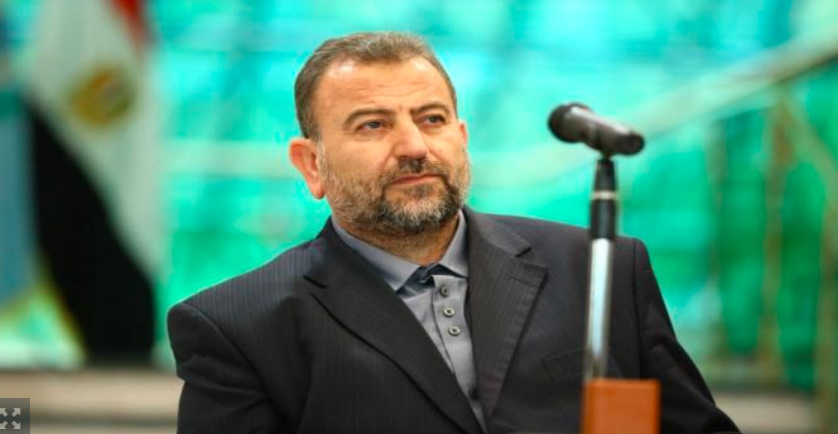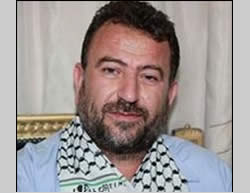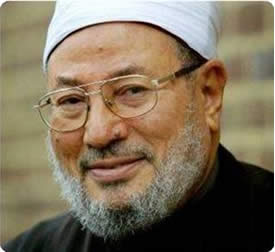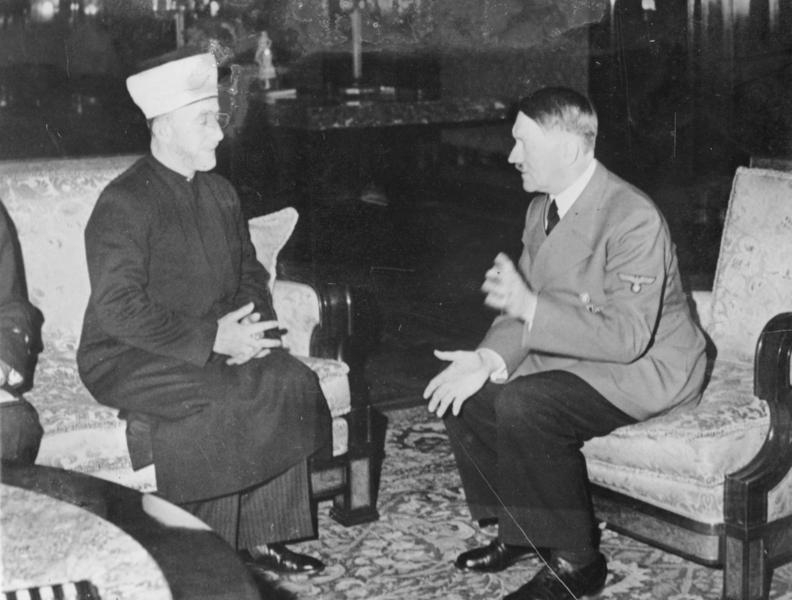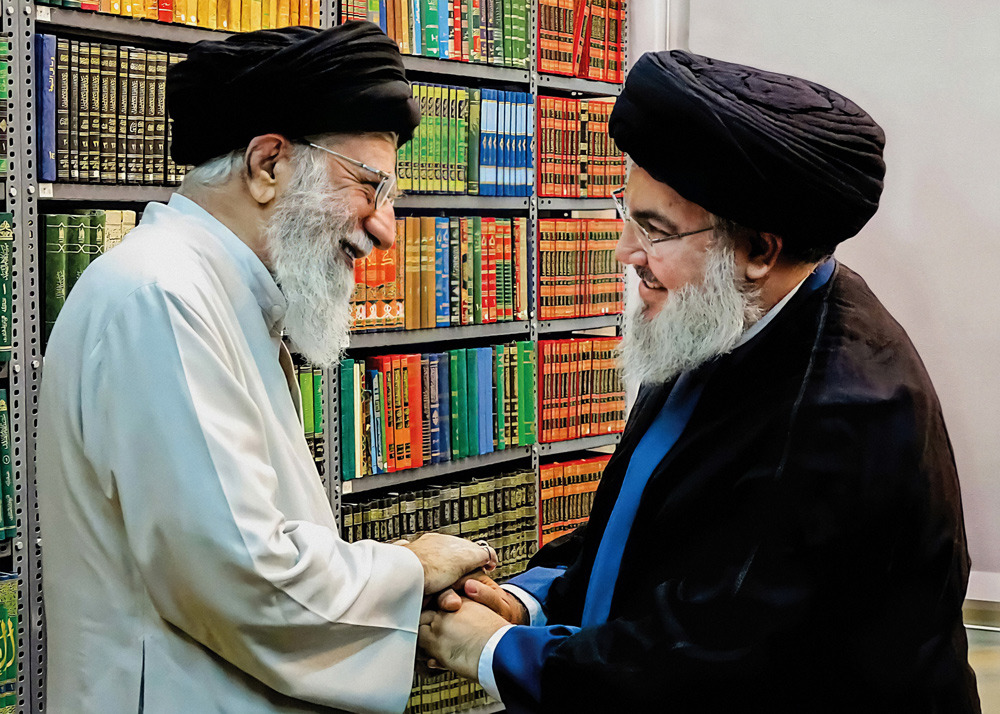One Hundred Years After its Founding, Türkiye is Both Pivotal and Problematic
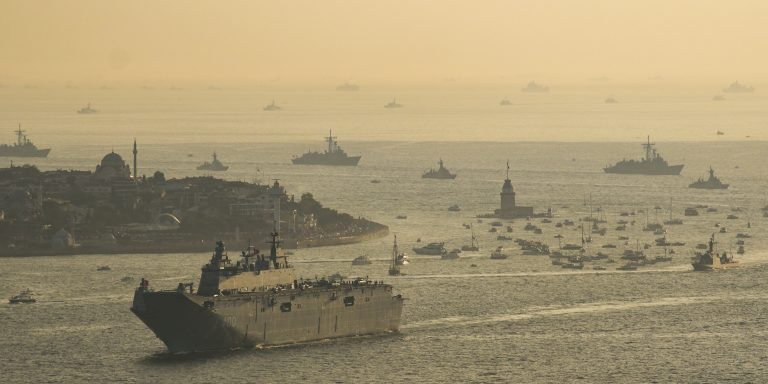
One hundred years after its founding, Türkiye is pivotal to regional and global affairs, but the Islamist-oriented policies of President Recep Tayyip Erdogan are often at odds with Türkiye’s NATO allies.
Erdogan’s support for Hamas in the context of the ongoing Hamas-Israel war will expand existing fissures with Washington.


